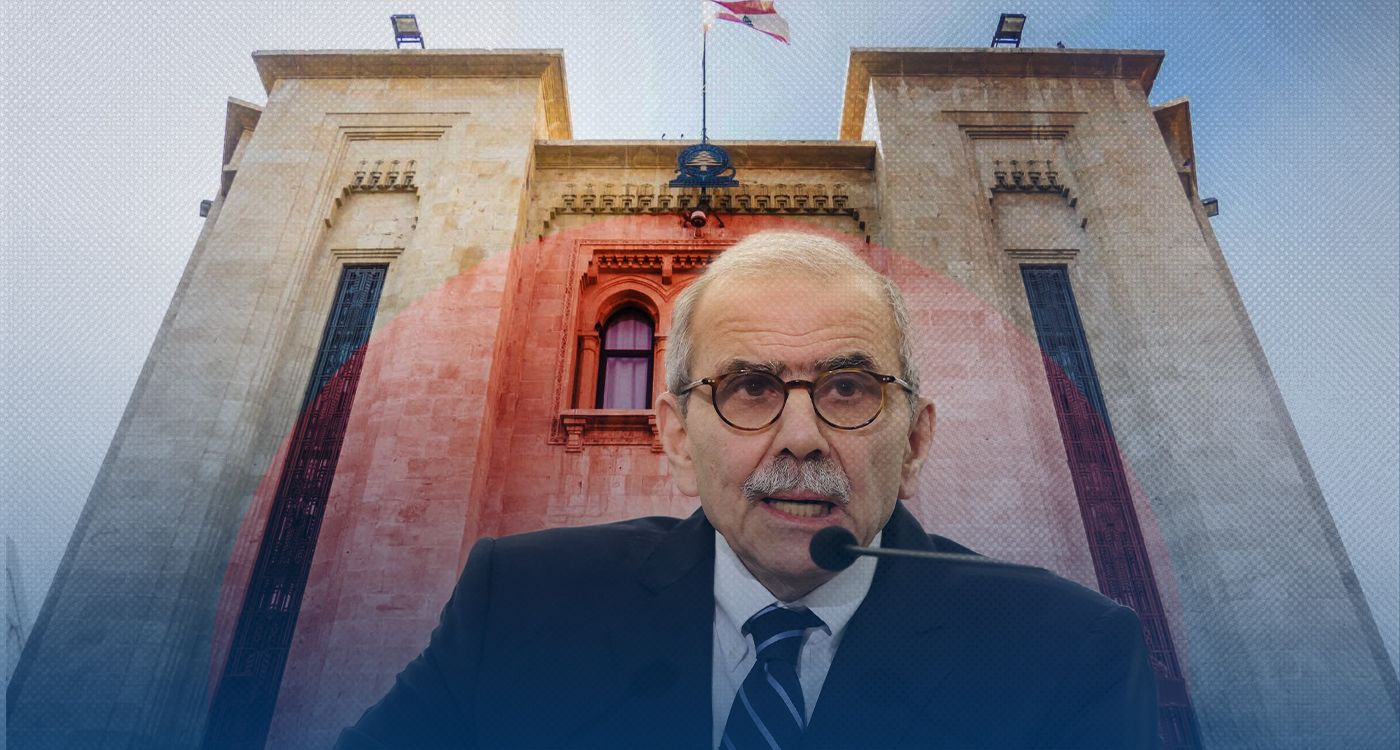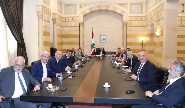
The Lebanese, as well as the international community, notably the five nations making up the Quintet Committee (Egypt, Saudi Arabia, France, the United States and Qatar), are closely monitoring the formation of a government to be led by Prime Minister-designate Nawaf Salam. Informed political sources maintain that the government’s formation is central to regional and international initiatives that facilitated the election of General Joseph Aoun as President and the designation of Nawaf Salam as Prime Minister. These sources added that the ministerial statement is expected to include elements from both the presidential inauguration speech and the prime minister’s address.
The sources emphasized that the structure of the government and the assignment of key portfolios should build on the positive momentum generated by the presidential election and the prime minister’s designation. As such, it is unlikely for the new government to mirror previous so-called “national unity governments,” which were widely criticized for quota-sharing, favoritism and being disruptive.
The sources revealed that the PM-designate is keen on ensuring a separation of powers, and securing the Parliament’s vote of confidence on the basis of its policy statement, rather than on the inclusion of all major political forces. Regardless of how encompassing the vote of confidence is, the government’s evaluation will depend on its performance and adherence to its policy statement.
The sources outlined two possible lineups for the government. One is composed exclusively of technocrats, who may have political affiliations, and the other is a coalition of technocrats and political figures.
In the latter case, a minority and majority would take shape in Parliament. This dynamic could shift if any party in the coalition decides to withdraw.
The sources further indicated that Prime Minister-designate Salam does not intend to appoint members of Parliament as ministers, as he is committed to the principle of separating parliamentary and ministerial positions. He dismisses the debate over the “mithakiya,” or conformity to the spirit of the national consensus about equal representation of Muslims and Christians, stressing that while a government must represent all Lebanese components, representatives do not need to be affiliated with any specific political party or organization.




Comments